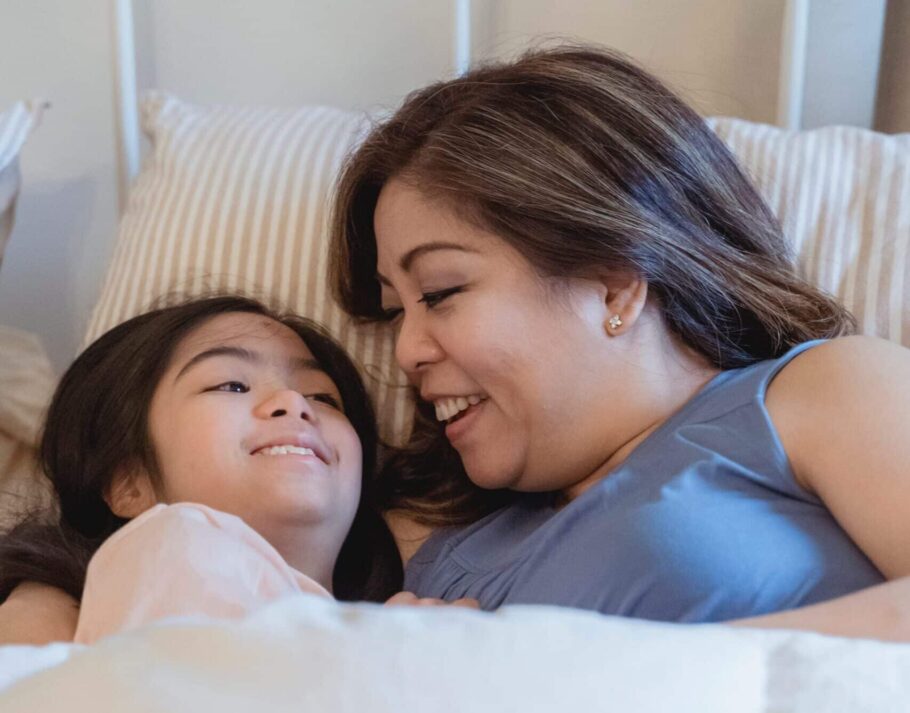Children are incredibly smart and intuitive. You may have even been faced with a situation where a child has come to you and made a comment on their body. This can be heart breaking to hear, and our initial instincts tell us to comfort and shut it down immediately with a ‘no, not at all, you’re perfect just the way you are!’. Whilst this might seem like the best way to navigate this conversation, sometimes opening up a discussion can be more helpful. We like to open dialogue by saying:
- ‘Why is it that you feel that way?’
- ‘What makes you think that?’
- ‘Do you want to talk a little bit more about why you feel that way?’
From here it allows the child to have some autonomy, and you can continue the conversation by asking ‘and what would you like to do to stop feeling that way?’ or ‘how can we work together to make sure you don’t feel like that anymore?’. Steering these conversations to become collaborative discussions is what we try to do at BeeZee, to support children to engage in healthy habits and behavioural change.
Finally, when having conversations about weight with children make sure to look at other aspects in their life too. What do they enjoy doing that could be a pathway to building healthier habits? Once again, this puts them in control of their own health journey and focuses on what they are passionate about too.


